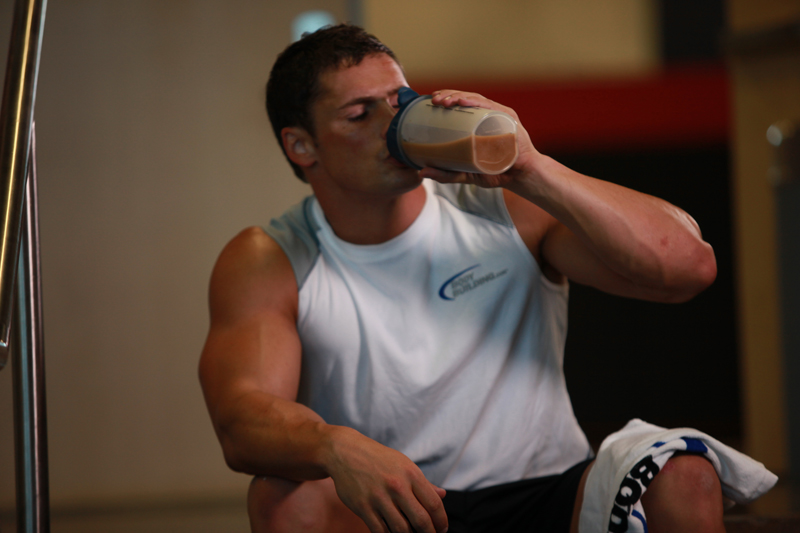Creatine is something that is easily found in our body. It is available as creatine phosphate or just as creatine itself. Creatine is essential to make sure that our body cell has enough energy. We can find creatine in fish and meat. This substance is essential for many athletes, especially body builders and weight lifters. Creatine can be helpful for many people who want to meet the intense demands of exercise, such as lifting weight and sprinting. Creatine is also associated with other substances in our body, such as ADP, PCr and ATP. By having a constant amount of creatine, athletes can ensure better performance.
Creatine was first discovered by a French scientist when he studied the skeletal muscle. The scienties, Michel Eugene Chevreul named this substance creatine. It is found that people who perform intense physical activities need to ingest larger amount of creatine. It is essential for the metabolism of our skeletal muscle. There are different forms of creatine supplements in the market, such as pills and powder. In general, the powder creatine is cheaper than the pill and liquid variants. However, it is often suggested that the powdered creatine can be absorbed by our body.
It is suggested to consume a small amount of creatine at first. In some people, a higher dosage of creatine may result in a number of side effects, such as nausea. The side effect can be more pronounced if we consume the supplement on an empty stomach. It is also said that caffeine can reduce the overall effectiveness of creatine, so we shouldn’t drink coffee before and after taking creatine supplement. A scientific research showed that creatine supplement can slightly improve our athletic performance, especially during high-intensity anaerobic conditions. This is an easy way for us to improve our overall performance.
When consuming creatine, we should use common sense. It won’t be a good thing for our health if we overdose on creatine. Creatine supplementation is not yet evaluated by government agencies in many countries, including the FDA in the United States. So, we may need to limit our intake if we have specific health concerns, such as allergies and adverse side effects. Creatine is not recommended for teenagers or children under 18. When taking creatine, we should make sure to drink plenty of water. This is essential, because creatine pulls some amount of water from our muscle.
Again, we should avoid drinking coffee when taking creatine. We shouldn’t take creatine supplementation after having our morning coffee. Caffeine neutralizes the intended effects of creatine monohydrate, so this is something that we need to avoid. We should drink creatine with warm water to improve our overall condition. There are plenty of hypes associated with creatine, so we should still use creatine carefully to avoid making unintended problems. In general, we should try to stay fit, without harming our body. In general, we could still get good results by having healthy diet and enough rest.
